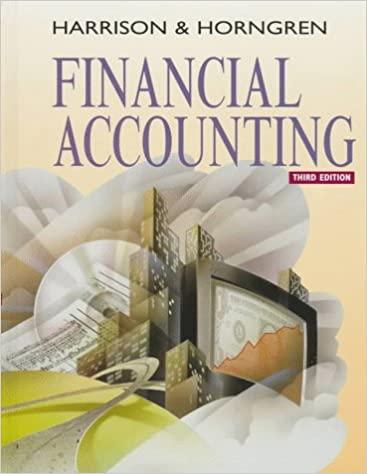Question
Ubuntu Catering (Pty) Ltd (UC) is a manufacturer and supplier of commercial and industrial catering equipment in South Africa. The company has one factory building
Ubuntu Catering (Pty) Ltd (UC) is a manufacturer and supplier of commercial and industrial catering equipment in South Africa. The company has one factory building situated in an industrial area of Johannesburg and offices located in Woodmead Office Park, Johannesburg. The company is not a small business corporation as defined in the Income Tax Act and its year of assessment ends on 31 March. The tasks that you need to attend to relate to the taxable income calculation of the company for the year of assessment ending 31 March 2023. UC informed you that they have elected the section 11(o) scrapping allowance, where applicable, and also the deferral of recoupments, where allowed. The company accountant supplied you with the below incomplete wear and tear and capital allowances calculation relating to the companys fixed assets:
| Asset | capital/wear and tear allowance amount | Additional information | |
| 1 | Asset UC1 | ? | Information is missing |
| 2 | Asset UC2 | R180 000 | Asset UC2 was purchased and brought into use on 1 October 2022 to manufacture steel baking trays. It was purchased for R900 000 from another company that closed and sold their assets, which were all used in the manufacturing process. The capital allowance calculated by the accountant for this asset for the current year was: R900 000 x 40% x 6/12 = R180 000, which is incorrect. |
| 3 | Asset UC3 | R240 000 | Asset UC3 is used in the process of manufacturing commercial ovens. It was purchased new and brought into use on 1 July 2020 for R1 200 000. When factory FF1 was sold (see number 5 below), special transportation was arranged to move UC3 from factory FF1 to factory FF2 on 15 February 2023, at a cost of R48 000. The capital allowance calculated by the accountant for this asset for the current year was: R1 200 000 x 20% = R240 000, which is correct. However, the moving costs have not been dealt with. |
| 4 | Asset TK1 | R595 000 | A heavy-duty truck, used to deliver goods to customers, was purchased new and brought into use on 1 July 2021 at a cost of R595 000. The truck was in an accident and was scrapped on 1 December 2022. The company received an insurance payout of R280 000. The accountant has shown the cost price of the truck as the wear & tear allowance for the current year, which is incorrect. |
| 5 | Asset FF1 & FF2 | ? | Factory FF1 was purchased and brought into use by UC on 3 November 2003 for R1 million. The factory was purchased from the previous owner who erected the factory building in 1980 for R800 000. UC undertook major improvements to the factory building which were completed and brought into use in April 2013 at a cost of R1 600 000. On 1 February 2023, UC sold factory FF1 for R2 100 000 and simultaneously purchased factory FF2 for R2 400 000 and brought it into use on the same day. Assume the tax value of factory FF1 at the time of sale is R1 700 000. The accountant has not calculated any capital allowances or other tax consequences regarding the two factory buildings for the current year of assessment. |
REQUIRED a. List the questions you must ask the accountant about Asset UC1, to gather the necessary information to calculate the missing capital allowance. [4 marks]
b. Explain to the accountant what errors exist with the R180 000 capital allowance calculation for the current year of assessment of Asset UC2 and why. Also explain how to correct each error. No calculation is required in your answer marks will be allocated for explanations only.[5 marks] c. Calculate the capital allowance (if any), relating to the moving costs incurred to move asset UC3.[ 2 marks]
d. Calculate the correct wear & tear allowance for the current year of assessment and any other tax consequences arising from the scrapping of the truck. Ensure you use brackets to indicate amounts that must be deducted and no brackets for amounts that must be added in the taxable income calculation. Note: UC informs you that non-manufacturing assets are written off using the binding general ruling no.7, which allows three (3) years for heavy-duty trucks.[6 marks]
e. Calculate the capital allowances relating to Factory FF1 & FF2 for the current year of assessment and any other tax consequences arising from the sale of Factory FF1. Ensure you use brackets to indicate amounts that must be deducted and no brackets for amounts that must be added in the taxable income calculation.[6 marks]
Step by Step Solution
There are 3 Steps involved in it
Step: 1

Get Instant Access to Expert-Tailored Solutions
See step-by-step solutions with expert insights and AI powered tools for academic success
Step: 2

Step: 3

Ace Your Homework with AI
Get the answers you need in no time with our AI-driven, step-by-step assistance
Get Started


